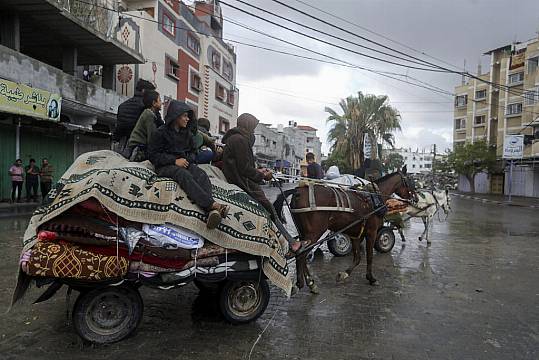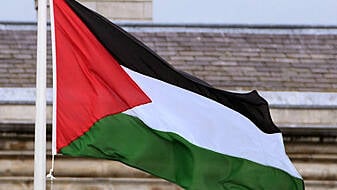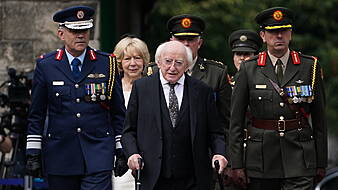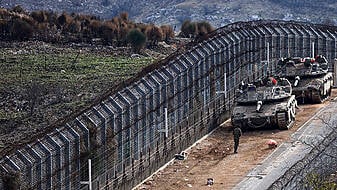The Israeli army has ordered some 100,000 Palestinians to begin evacuating from the southern city of Rafah, signalling that a ground invasion could be imminent and complicating efforts to broker a ceasefire in Gaza.
The looming operation in the city – where more than a million Palestinians are sheltering and a high number of deaths is feared – has raised global alarm and Israeli’s closest allies have warned against it.
On Monday, the United Nations agency serving Palestinian refugees said it would not comply with the evacuation order.
Israel has described Rafah as the last significant Hamas stronghold after some seven months of war, and has repeatedly said the invasion is necessary to defeat the Islamic militant group, which sparked the current conflict with an attack on Israel on October 7th.
But Hamas and key mediator Qatar have warned that invading Rafah – situated on the border with Egypt – could derail efforts by international mediators to broker a ceasefire.
Lt Col Nadav Shoshani, an army spokesman, said some 100,000 people were being ordered to move to a nearby Israel-declared humanitarian zone called Muwasi – a makeshift camp of tents where hundreds of thousands of Palestinians have sought safety and live in squalid conditions.
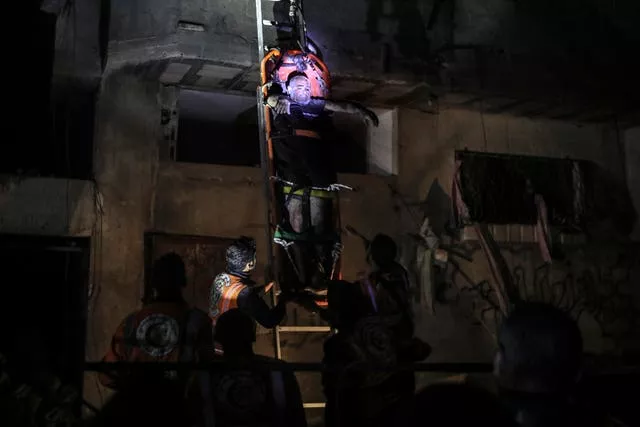
The spokesman said Israel was preparing a “limited scope operation”, and would not say whether this was the beginning of a broader invasion of the city. Israel did not formally announce the launch of its current ground invasion in Gaza.
Smoke could be seen rising from Rafah on Monday afternoon, although its cause was unclear.
Tensions escalated on Sunday when Hamas fired rockets at Israeli troops positioned on the border with Gaza near Israel’s main crossing for delivering badly needed humanitarian aid, killing four soldiers.
Israel closed the crossing – but Lt Col Shoshani said it would not affect how much aid enters Gaza as others are in operation.
He would not say whether the upcoming operation was a response to the earlier attack.
Meanwhile, Israeli air strikes on Rafah killed 22 people, including children and two infants, according to a hospital.

Lt Col Shoshani said Israel published a map of the evacuation area, and that orders were being issued through air-dropped leaflets, text messages and radio broadcasts. He said Israel has expanded humanitarian aid into Muwasi, including field hospitals, tents, food and water.
Israel’s army said on X that it would act with “extreme force” against militants, and urged the population to evacuate immediately for their safety.
Jan Egeland, secretary-general of the Norwegian Refugee Council, condemned the “forced, unlawful” evacuation order and the idea that people should go to Muwasi.
“The area is already overstretched and devoid of vital services,” Mr Egeland said.
About 1.4 million Palestinians – more than half of Gaza’s population – are jammed into Rafah and its surroundings. Most of them fled their homes elsewhere in the territory to escape Israel’s onslaught and now face another wrenching move or the danger of staying under a new assault.
An Israeli offensive in #Rafah would mean more civilian suffering & deaths. The consequences would be devastating for 1.4 million people@UNRWA is not evacuating: the Agency will maintain a presence in Rafah as long as possible & will continue providing lifesaving aid to people pic.twitter.com/8anQ8Eq6Gv
— UNRWA (@UNRWA) May 6, 2024
They live in densely packed tent camps, overflowing UN shelters or crowded apartments, and are dependent on international aid for food, with sanitation systems and medical facilities infrastructure crippled.
The UN agency that has helped millions of Palestinians in Gaza and the West Bank for decades (UNRWA) warned Monday of devastating consequences of a Rafah offensive, including more civilian suffering and deaths.
Juliette Touma, communications director for the agency, which has thousands of employees in the city, said it has not evacuated and has no plans to do so.
Egypt’s Rafah crossing, a main transfer point for aid going into Gaza, lies in the evacuation zone. The crossing remained open on Monday after the Israeli order.
The war was sparked by an unprecedented October 7th raid into southern Israel in which Hamas and other militants killed around 1,200 people, mostly civilians, and abducted around 250 hostages.

The ensuing conflict has killed more than 34,000 Palestinians, according to local health officials.
The tally does not distinguish between civilians and combatants, but officials say at least two thirds of the dead are children and women. It has left a swathe of destruction in Gaza, and around 80 per cent of the territory’s population has fled to other parts of the besieged coastal enclave.
Recently, pressure to end the war has grown. Even as the US, Egypt and Qatar have pushed for a ceasefire agreement, Israeli prime minister Binyamin Netanyahu repeated last week that the military would move on the city regardless of whether a truce-for-hostages deal is struck.
On Monday, Mr Netanyahu accused Hamas of “torpedoing” a deal and not budging from its “extreme demands” while vowing to stop the militants from retaking control of Gaza.
A Hamas official said that Israel is trying to pressure the group into making concessions on the ceasefire, but that it will not change its demands.
Hamas wants a full end to the war, withdrawal of Israeli troops from Gaza and the eventual reconstruction of the strip in exchange for the Israeli hostages held by the militants.
